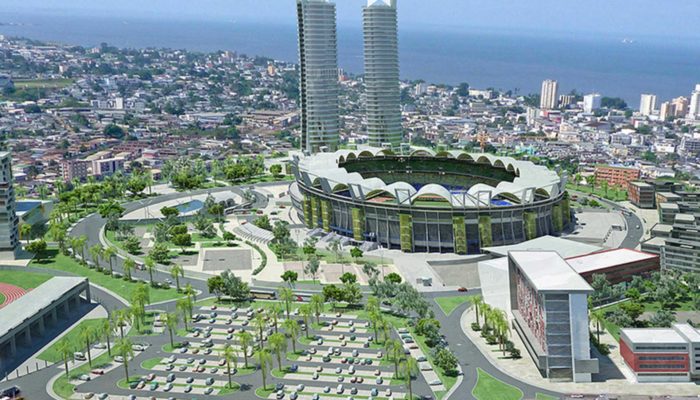At the end of the first half of 2020, the Ministry of the Economy and Recovery ensures that inflation has remained contained, despite an acceleration in prices observed from April 2020. As an annual average, prices at consumption across the country increased by 0.9% compared to 3.8% in 2019 over the same period.
Through its Sector Conjuncture Note, the General Directorate of the Economy and Fiscal Policy of the Ministry of the Economy and Recovery takes stock of the consumer prices recorded from January to June 2020. It notes that the inflation remained contained over this period, which was marked by the health crisis.

It indicates that “the speculation of traders, following the first series of restrictive measures taken on March 31 as part of the response to the Covid-19 pandemic (total containment, delay in the issuance of passes, problems of market supply, difficulty in transport, etc.), caused a surge in prices for almost all foodstuffs and basic necessities, with the exception of unprocessed cereals and refined oils, over the month of April”.
However, the reinforcement of the price control campaigns carried out on the markets made it possible to limit this outbreak. As for the price change of 0.9% against 3.8% in 2019, it is mainly driven by “food products and non-alcoholic beverages” (+ 1.4%), “transport” (+4 , 6%), “communications” (+ 1.7%), “education” (+ 2.9%) and “restaurants and hotels” (+ 0.5%).
The prices of food products rose by 1.4% under the effect of the increase in the prices of “breads” (+ 9.8%), “beef” (+ 2.6%), “poultry” (+ 3.2%), “fish and other dried or smoked products” (+ 5.4%), “fresh vegetables” (+ 6.5%) and “tubers, plantains” (+ 7.2%). On the other hand, the prices of “fresh fish” (-2.7%), “unprocessed cereals” (-0.4%) and refined oils (-0.6%) fell slightly.
The Sectoral Conjoncture in France also notes that the prices of the “Transport” function have increased due to the increase in urban transport costs, following the government measure linked to Covid-19 relating to the limitation of the number of places in public transport. common. In contrast, the price of a liter of fuel fell 6.1% for gasoline and 4.9% for diesel, due to the liberalization of petroleum product prices at the pump. The prices of the “communication” function rose due to the rise in prices of the “communication, purchase of telephone cards” item.
Nevertheless, the observed inflation was mainly attenuated by the following consumption items: “Alcoholic beverages and tobacco” (-0.7%), “Clothing and footwear” (-0.5%), “Housing, water, gas, electricity and other fuels ”(-1.8%), in connection with the drop in electricity (-2.7%) and water (-5.4%) bills,“ goods and services miscellaneous ”(-0.4%) and“ Health ”(-0.2%), following the payment of user fees.
With regard to underlying inflation, explains the Note, it came out at + 0.9% due to the increase in fresh products (+ 2.0%) and other products (+ 0.9%), notwithstanding a decline in energy (-0.5%). In terms of origin, the prices of local and imported products increased respectively by 0.9% and 1.1% on annual average. On the sectoral level, the Conjoncture in France specifies that the rise in prices was observed in all sectors: primary (+ 2.3%), secondary (+ 0.4%) and tertiary (+ 0.6%). In terms of sustainability, prices rose for non-durable products (+ 1.5%) and services (+ 0.6%).





